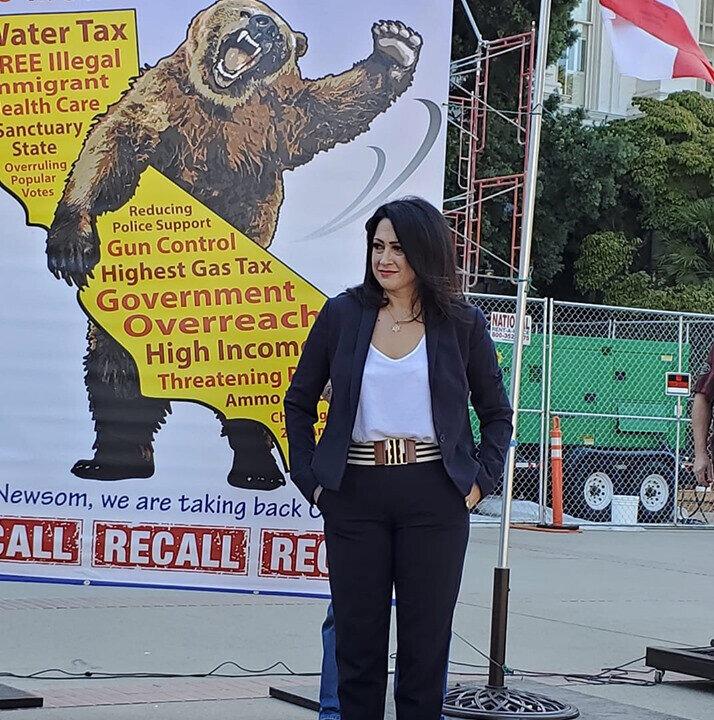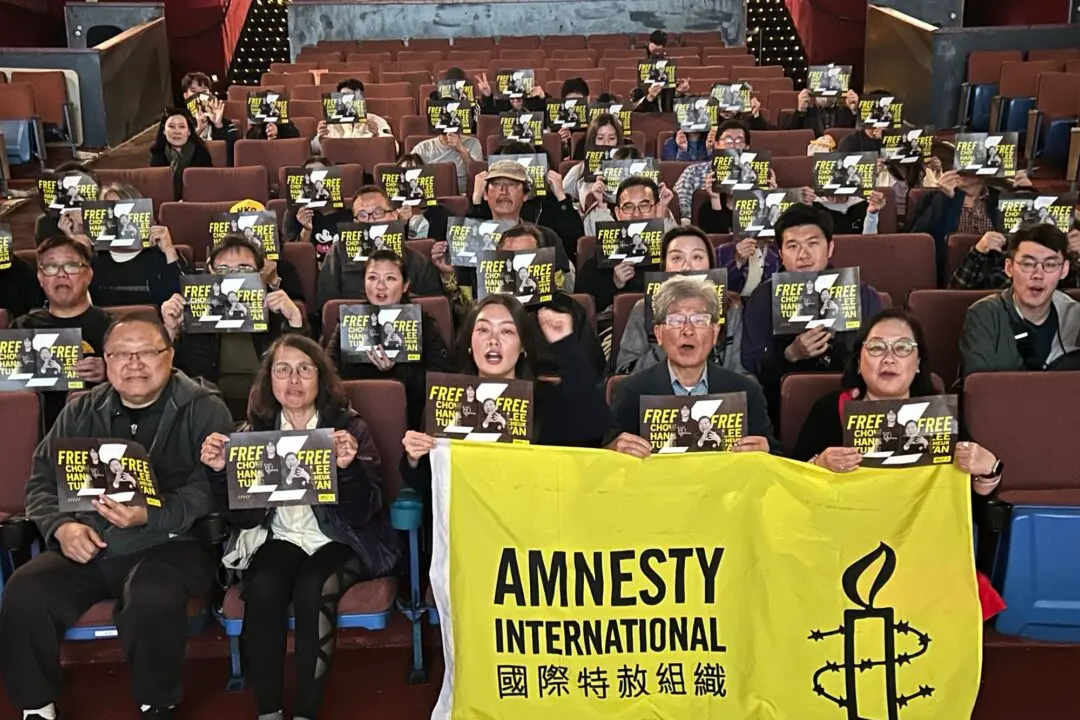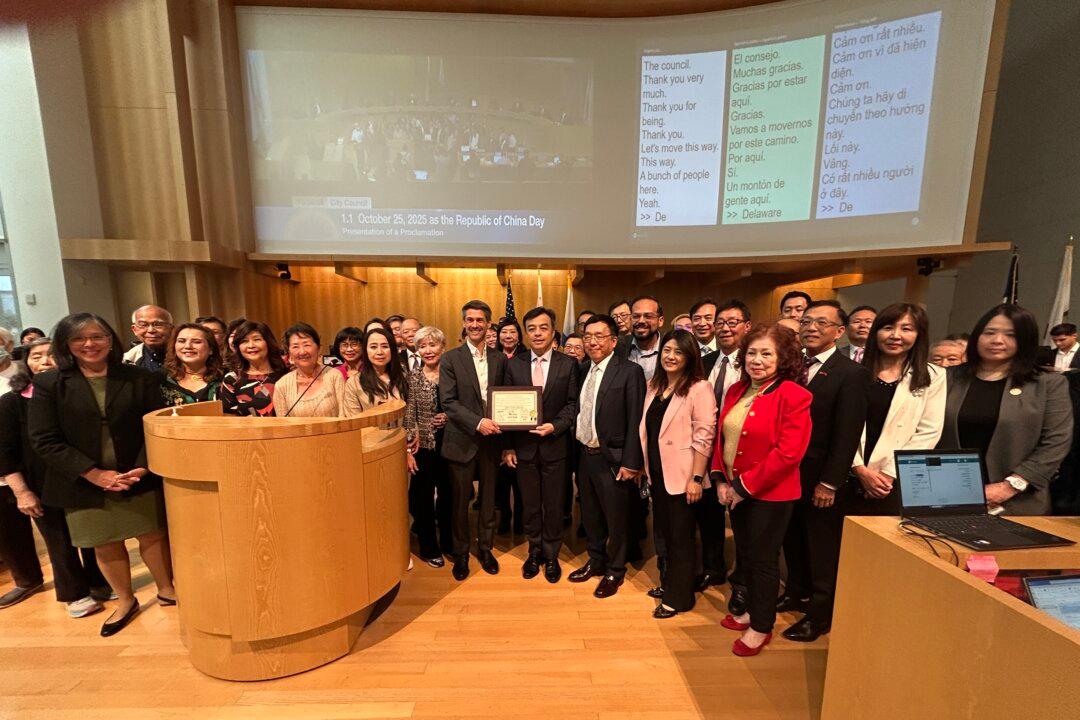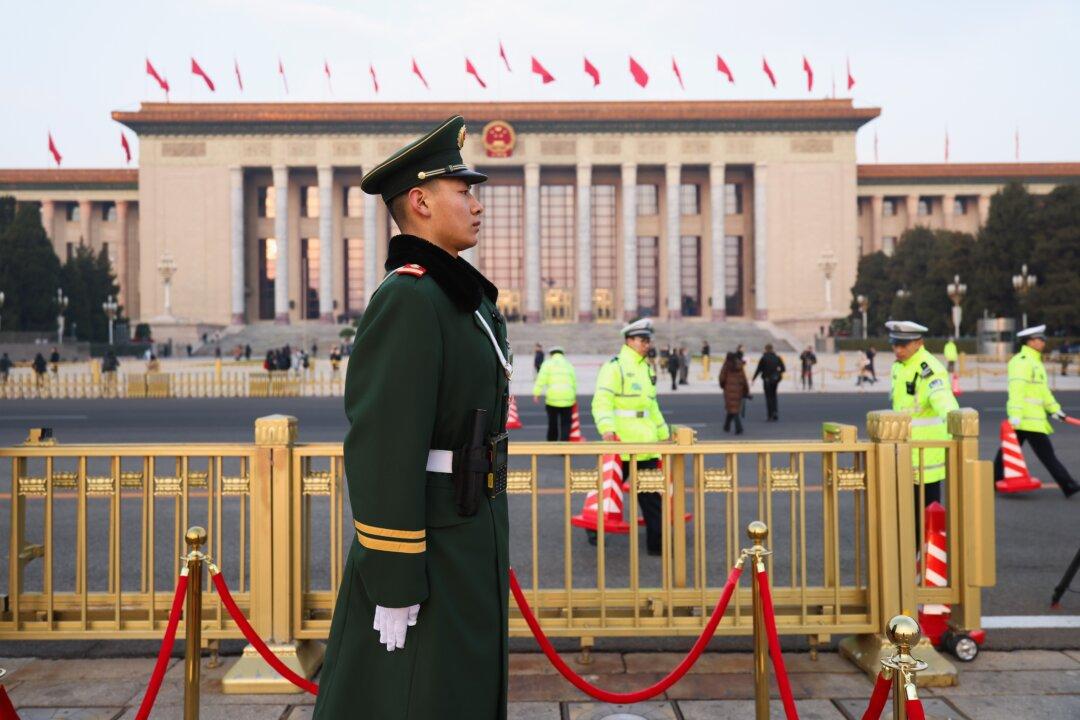SACRAMENTO, Calif.—Two separate petitions to recall Gov. Gavin Newsom were approved in September by the California secretary of state for circulation to collect required signatures from supporters.
The recall petitions were filed by two different groups for similar reasons: the state’s homelessness crisis, sanctuary city policies, free health care for illegal immigrants, excessive regulations, taxes, and so on.





